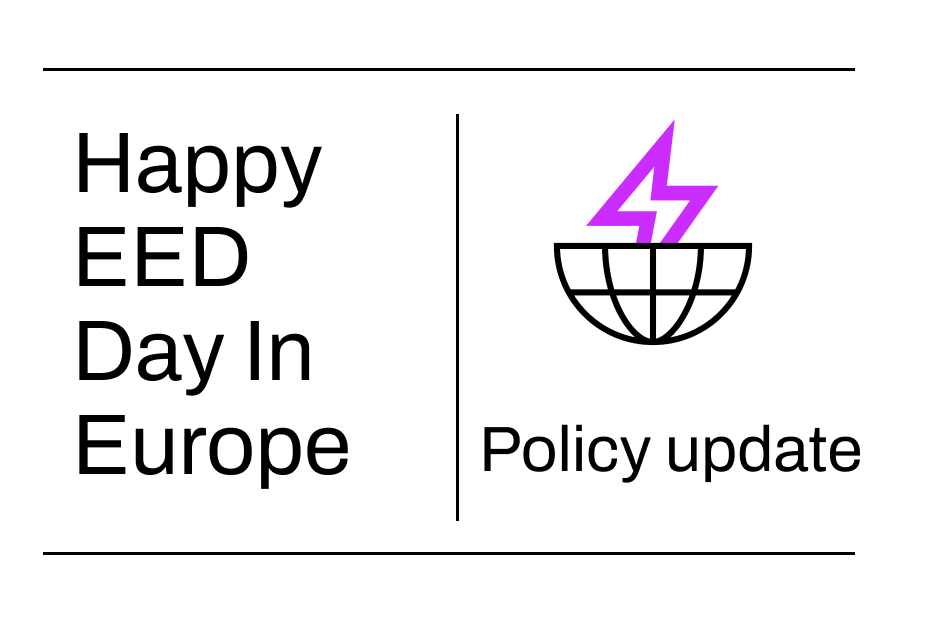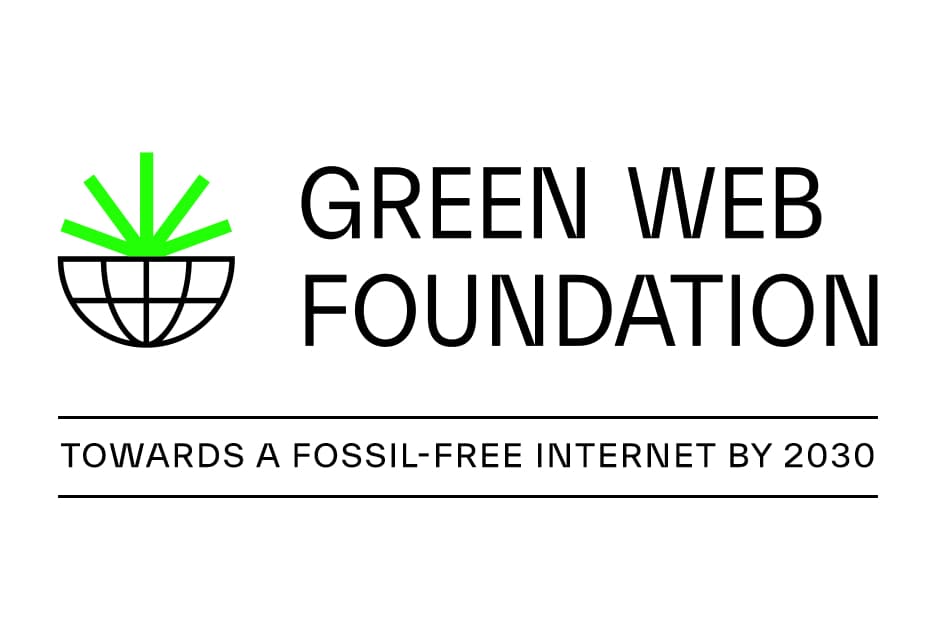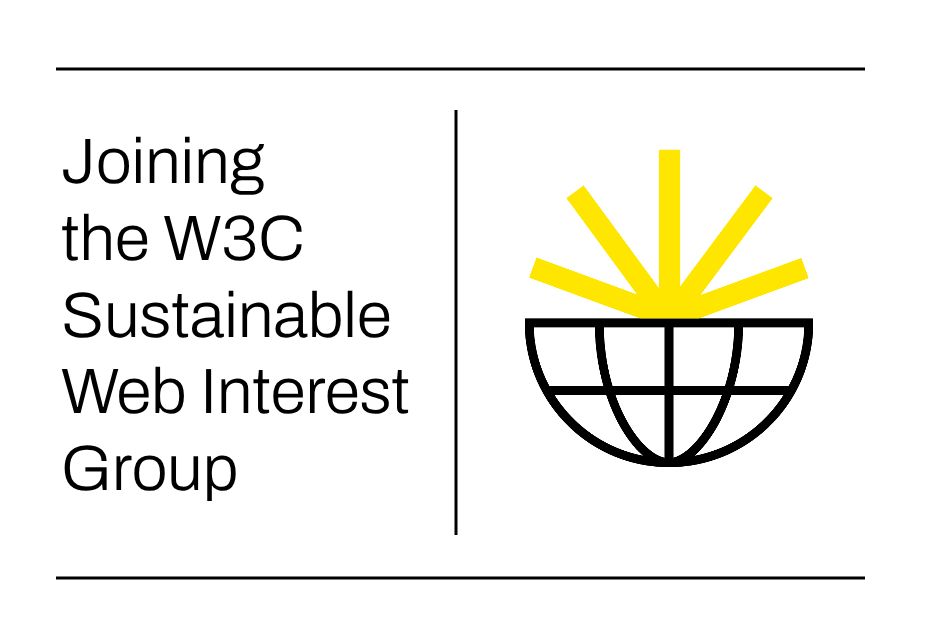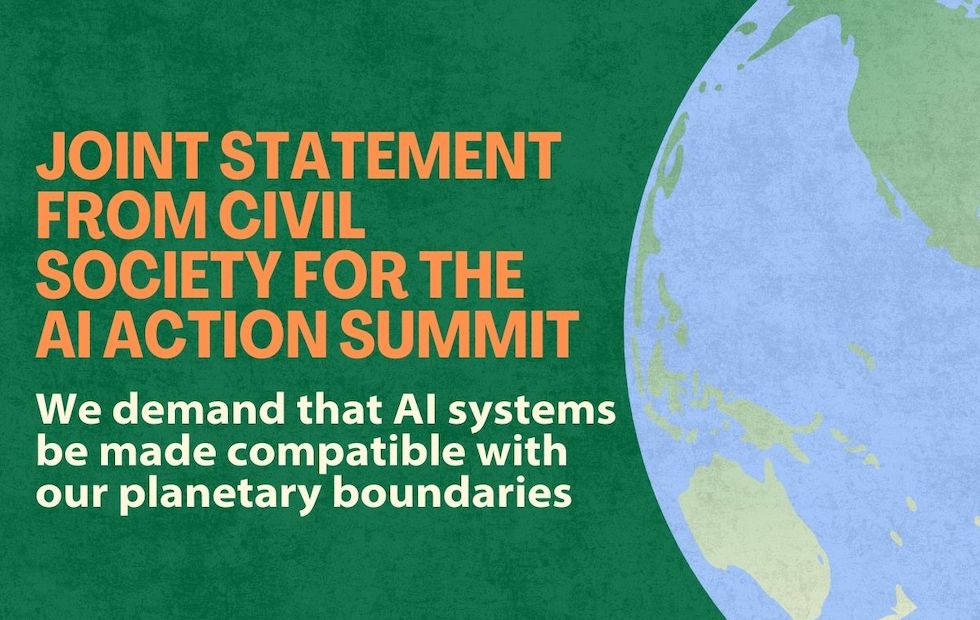If you care about the world reaching a fossil free internet, then you’ll probably want to keep an eye on the raft of new legislation being passed around the world, that done right, would bring an unprecedented degree of transparency and disclosure on climate. This weekend, in Europe, the reporting deadline passed for one which was particularly relevant to our work – the Energy Efficiency Directive. In this post, our in-house policy wonk Chris explains why this matters.
First of all – what happened this weekend?

This weekend (Sunday September 15th specifically) was the deadline for every single organisation in Europe operating a datacentre of more than 500 KW to publicly disclose a set of data, including:
- how much electricity they used in the last year
- how much power came from renewable sources, and how much of this relied on the company buying increasingly controverisial ‘unbundled’ renewable energy credits
- how much water they used
- and many more datapoints in this official document, covered in more detail than you ever thought you wanted to know
Where this information is being disclosed in the public domain and discoverable, we intend to link to it and make it easier to find
In disclosure terms, this is unprecedented, and if you’re speaking to people in IT today, a number of them have may have worked over the weekend to get this data into shape to his the deadline. Be kind if you can.
For companies that don’t share this information publicly
There are some concessions for organisations that have classed this information as a trade secret or commercially confidential. In this case there is a second law passed, the snappily titled Commission Delegated Regulation (EU) 2024/1364, that largely means these companies need to report this information too, but to the European Commission instead.
There will be a public dataset published based on this reporting released next year, containing data an agreggated level.
Why does this matter?
One of the key reasons this matters is that for a long time, companies have had little incentive to collect this information themselves, and if you are a customer of these companies, it was often not clear what was reasonable to even ask of suppliers.
We think the EED now provides a helpful, reasonable baseline about the kind of information organisations might be expected to hold. This is important for organisations who might share this with their customers wanting to work out the environmental impact in their supply chain.
It also lays the foundations for more data-informed conversations about decarbonising the digital industry. Making this information easy to find is a key idea behind our work on carbon.txt.
The next EED Day is in May 2025
As we understand it, the next significant date for public disclosure in this law is in May 2025. This is also around the same time of year we might expect the first aggregated datasets from the European Commission to be in the public domain.
Until then, if you work in a organisation in Europe, and you’re trying to understand the emissions from your use of digital services, knowing this data exists should make it easier to ask for meaningful disclosure from your suppliers.
If you’re outside Europe and would like to see this adopted, or if you’re looking to understand the environmental impact of your own digital estate and would like some help, you can always get in touch.



